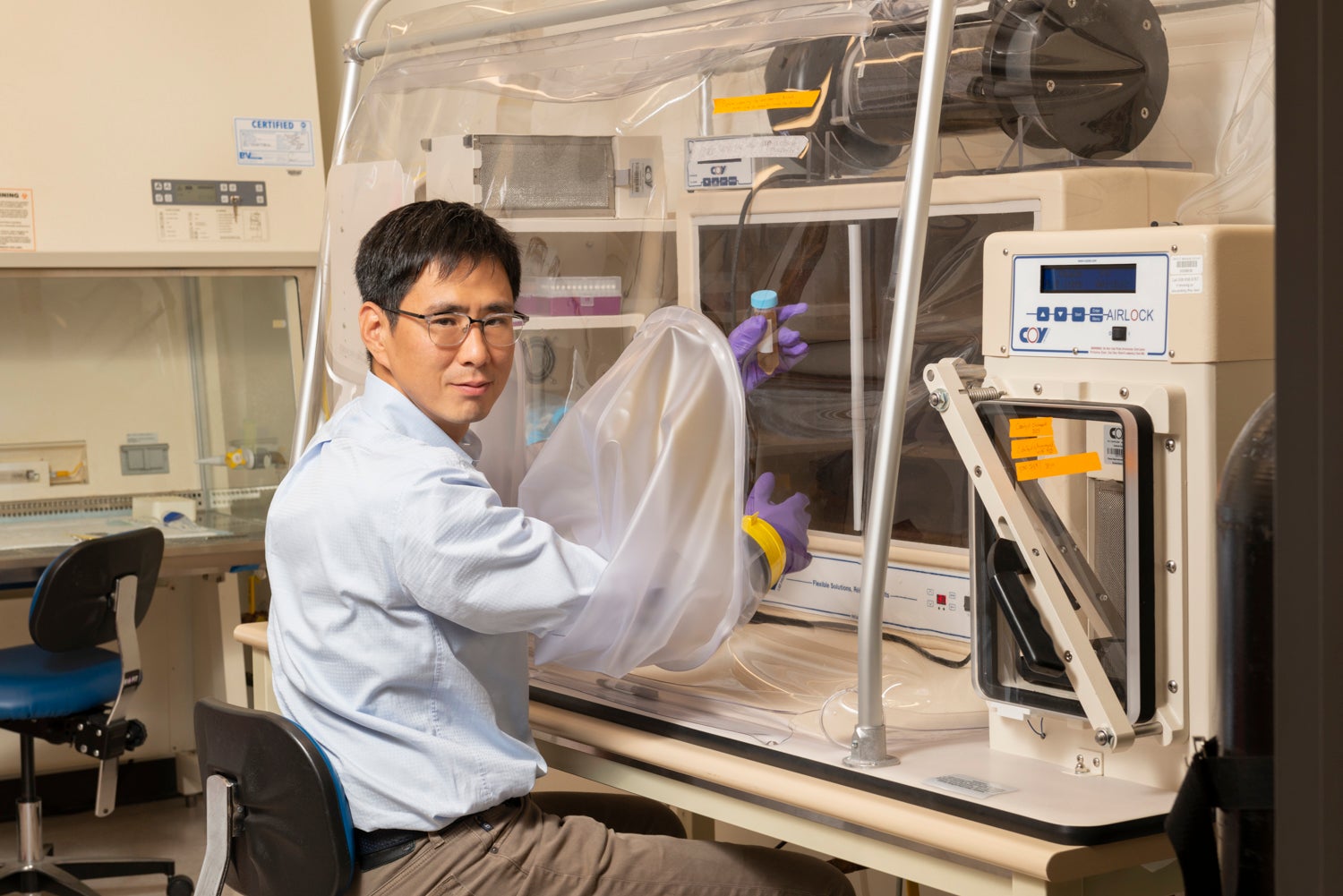
My laboratory has previously discovered a critical pathway linking gut bacterial species to an inflammatory cascade that ultimately leads to behavioral abnormalities including deficit in social behaviors. Remarkably, this communication between the gut and the brain occurs during prenatal development and has a very specific effect: the bacteria that drive the inflammation reside in the maternal gut, and lead to the aberrant development of a sub-region of the primary somatosensory cortex. This work is one of the first studies to describe a mechanistic pathway linking the gut-immune-brain axis.
Ongoing work in the lab focuses on a particular class of immune cells called Th17 cells to determine if these cells and the signals they produce drive the observed inflammation-induced abnormal behavioral phenotypes. To this end, we have found that some of the signals released by Th17 cells have receptors in the fetal brain and this might be the route through which the immune system directly impact the brain. We are also trying to elucidate mechanisms by which host- and bacteria-derived small molecules modulate inflammation and how they affect neural activity and animal behaviors.
